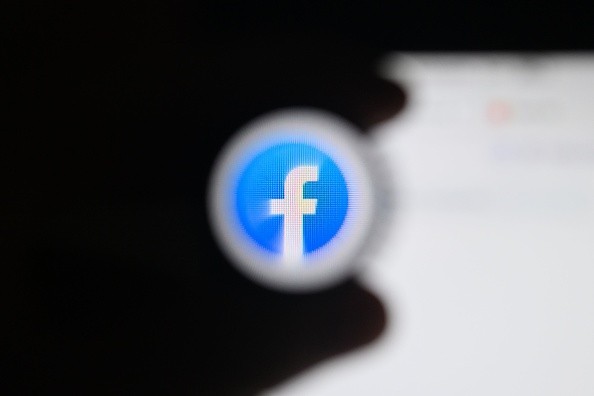Social media companies are once again at the forefront of major legislation, and this time, a new bill filed in New York state is targeting them.

The bill, which was filed by Sen. Brad Hoylman (D-Manhattan), alleges that social media networks must be held responsible for the continuous spread of fake news on their platforms, according to a report by The New York Post.
The new bill is set to counteract Section 230 of the Communications Decency Act. That's because under the aforementioned section, Big Tech is protected from being held liable for the content their users post.
Sen. Hoylman stated that the bill he's sponsoring looks to provide "real world solutions" to the global problem of fake online information. According to him, fake news is reportedly endangering people's lives every day, while nobody is being held accountable for it.
He even goes to say that the amount of fake news online (alongside hate speech) is "abhorrent."
With the new bill, the senator looks to add a new cause of action to NY State's penal code which allows city corporation counsels, the state Attorney-General, and even private citizens to file lawsuits against Big Tech alleging their "reckless" contribution to the spread of disinformation online.
This news comes after an executive for Meta (formerly known as Facebook) made headlines by blaming users for the spread of fake news on the social networking platform.
Andrew Bosworth, who currently serves as Meta's VP for Augmented and Virtual Reality, said that it is the purported fault of individual humans for choosing to believe or not believe a thing-as well as what to share or not-that likely aids in the spread of fake news online.
Fake information online has been rampant these days, especially during the pandemic when almost everyone gets their news from internet sources.
Social Media And Fake News: The Cause
An article by the Scientific American took a closer look at this. In it, they came to a single conclusion: information overload.

With so much information about certain world-spanning topics online (the pandemic, in particular), people are often forced to rely on information from people close to them, whom they trust. Call this their "inner circle," who will now unknowingly alter their biases and prompt them to spread what they believe-instead of what is considered accurate.
So perhaps Meta executive Andrew Bosworth's allegations have something behind it. But this doesn't mean that Big Tech isn't doing anything on their own.
Earlier this month, Meta introduced an anti-fake news AI that looks to fight the spread of fake news in a more efficient way. This AI, according to the tech giant, aims to reduce the instances of harmful content popping up by "adapting" to new threats as they appear.
According to Meta, their new AI (called FSL or Few-Shot Learner) supports roughly 100 languages. This will reportedly allow it to identify false information online on a much-wider scale.
Related Article : Facebook Misinformation Generates More Clicks Than Factual News [STUDY]
This article is owned by Tech Times
Written by RJ Pierce
![Apple Watch Series 10 [GPS 42mm]](https://d.techtimes.com/en/full/453899/apple-watch-series-10-gps-42mm.jpg?w=184&h=103&f=9fb3c2ea2db928c663d1d2eadbcb3e52)



